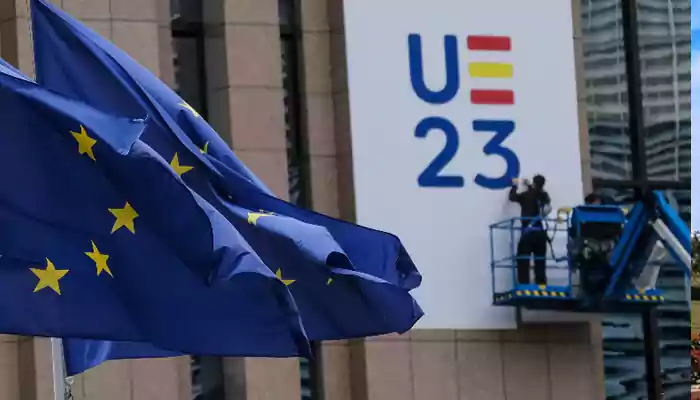All You Need to Know About Metaverse Being on EU's Radar

The EU is turning its attention to regulating the metaverse after finalising the MiCA legislation for regulating the crypto industry.
The European Union (EU) wants to establish a number of rules to control how people are present in the metaverse. The metaverse is an entirely operational virtual world built on blockchain that enables people to exist as virtual characters and engage in social, gaming, and work-related activities. The EU has noted that more people are becoming interested in the metaverse. The EU is now concentrating on regulating the metaverse after finalising the MiCA legislation for regulating the cryptocurrency industry.
EU eyeing Web4
The EU is aiming towards Web4, whereas the rest of the world is considering how and by what regulations to adopt Web3. According to the European Commission (EC), the metaverse's most important component, Extended Reality (XR), will create some 8,60,000 new jobs in the EU. The EU wants to move quickly to develop international standards for free-flowing, compatible virtual worlds, mainly to prevent big tech from monopolising this emerging market.“Virtual worlds and Web4 — [the EU wishes to] ensure that they will not be dominated by a few big players. The Commission will engage with internet governance stakeholders around the world and will promote Web4 standards in line with the EU's vision and values,” an official press release from the EU said.
EU's idea of creating future virtual ecosystem
The EU will now start seriously considering and deciding on its position on issues like whether or not digital avatars should have their own legal standing. A tweet on preparing for the future generations of virtual ecosystems was sent by the EU's official Twitter account.“Our newly adopted strategy will help businesses, fostering a European Web4 industrial ecosystem, citizens, supporting skills development. Steering the new technological transition and ensure secure, trustworthy, fair and inclusive empowerment for citizens, businesses and public administrations is our goal,” the European Commission posted in its tweet.
According to a forecast from the EU, the market for virtual worlds will increase from GBP 27 billion (approximately Rs. 290 crore) in 2022 to GBP 800 billion (about Rs. 8,520 crore) by 2030.












